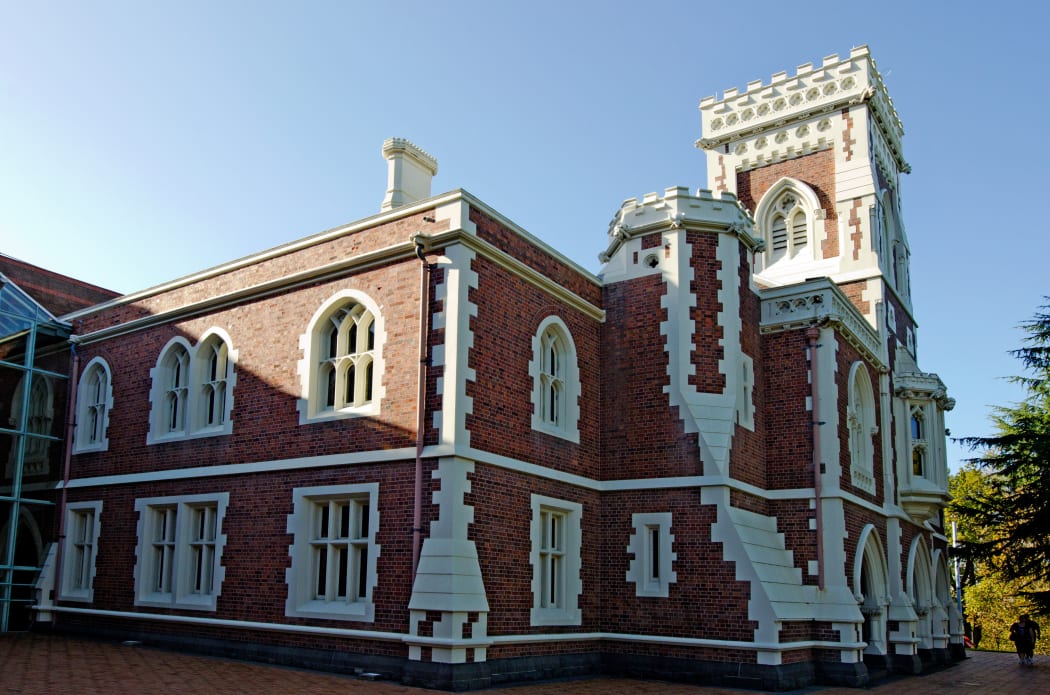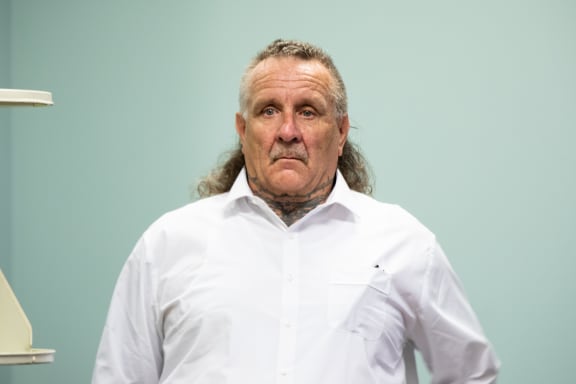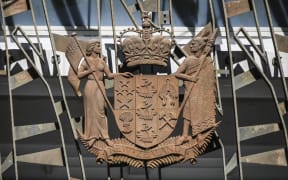A detective who was part of the team re-investigating the Red Fox Tavern shooting and robbery has insisted under cross-examination that another man who was considered a suspect was not responsible for the crime.

Photo: Rafael Ben-Ari/Chameleons Eye/ 123rf
Father of two Chris Bush, 43, was gunned down at the pub in Maramarua, Waikato in October 1987, and the offenders took off with tens of thousands of dollars in cash, coins and cheques.
Mark Hoggart and another man - who has name suppression - are on trial in the High Court at Auckland, charged with murder and aggravated robbery.
They deny the charges and say police arrested the wrong men.
Detective Senior Sergeant Michael Hayward was one of the officers involved in the re-investigation of the homicide, dubbed Operation Lion, which began in 2016.
Yesterday in his evidence, Hayward detailed the extensive investigation into Lester Hamilton, who was at one point considered a prime suspect.
Under cross-examination by defence lawyer Christopher Stevenson, Hayward said Hamilton - who died in 2003 - was very closely looked at by the original police investigation team and the 2016 re-investigation team.

Mark Hoggart and another man are accused of killing Chris Bush at Red Fox Tavern in Maramarua in 1987 Photo: RNZ / Dan Cook
Hayward said he was very satisfied Hamilton was not responsible for the Red Fox Tavern shooting and robbery.
Stevenson asked Hayward whether Hamilton had form for this sort of robbery, given his involvement in an earlier bank robbery.
Hayward said Hamilton was the getaway driver in that case and was not one of the offenders who went into the bank.
Stevenson questioned whether Hamilton had graduated beyond being a getaway driver.
Hayward disagreed and said Hamilton's criminal history showed he continued committing less serious burglaries to support his drug habit.
Stevenson then pointed to the fact a gun was fired as the offenders took off, but Hayward said this was simply a warning shot, which police accepted at the time.
Hayward was also questioned by Stevenson on the issue of tunnel vision, and whether any of the investigations into the Red Fox Tavern shooting and robbery had been affected by it when considering suspects.
"This was a high profile case, that all of New Zealand wanted to know, so there's a lot of pressure on the investigative team at the time.
"Lester Hamilton became quite a focus," Hayward said.
He said there may have been slight elements of tunnel vision in the early days of the investigation relating to Hamilton, but he saw no other evidence of that on the police file.
Asked about Hamilton's discussions with associates about planning a robbery at the Red Fox Tavern and his comments to others suggesting he had done it, Hayward said Hamilton bragged about being a suspect.
He said when you looked at the evidence of Hamilton's whereabouts on the night of the robbery, he couldn't have done it.
Detectives had driven the route from where he said he was in Auckland to Maramarua.
"On the evidence on the night, he just can't do it," Hayward said.
Stevenson also questioned Hayward about an increase in armed robberies in Auckland during the late 1980s.
He pointed to a newspaper article from 1987 that said there were about three armed robberies a month in the city.
Hayward said armed robberies of rural taverns, like the Red Fox, were uncommon at the time.
Hayward was the final witness called by the Crown, which has now finished its evidence.
The trial before Justice Woolford and a jury of seven men and five women continues.



